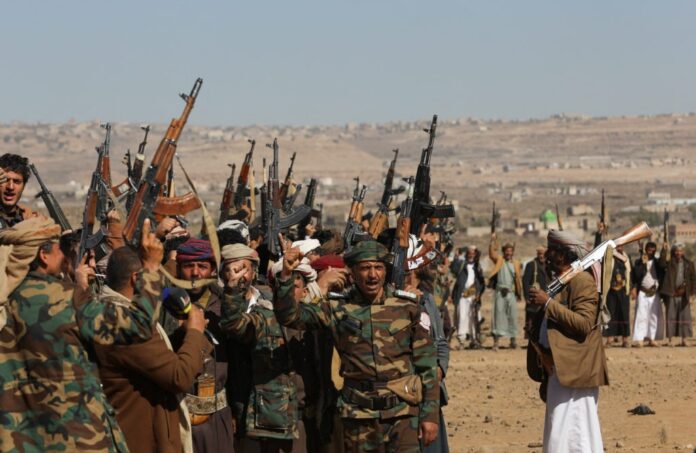In response to the United States’ decision to reclassify Yemen’s Houthis as a “terrorist” entity, the Iran-backed group claimed responsibility for an attack on an American vessel. The US Secretary of State, Antony Blinken, announced the decision to designate the Houthis as a Specially Designated Global Terrorist group, stating that it would be effective 30 days from the announcement. Despite this, the Houthis remained undeterred, proclaiming their responsibility for targeting an American ship, the Genco Picardy, in the Gulf of Aden with what they described as “several appropriate missiles.” The Houthis justified their continued attacks by expressing solidarity with Palestinians in Gaza, where Israel is engaged in conflict with the Hamas. They emphasized that they would persist in targeting ships they believe are linked to Israel or heading towards ports in occupied Palestine.
The US National Security Advisor, Jake Sullivan, stated that the terrorist designation was a crucial tool to hinder the group’s access to financial markets and impede terrorist funding. Sullivan added that the US would reconsider the designation if the Houthis ceased their attacks in the Red Sea and Gulf of Aden. The US and Britain have been applying military and diplomatic pressure on the Houthis, targeting sites and advocating for an international coalition to safeguard shipping from rebel attacks. Recent actions include the destruction of anti-ship missiles in Yemen and airstrikes on Houthi-controlled locations.
The move to reclassify the Houthis was aimed at increasing pressure on the group, but it appears to have failed to deter their military actions as they have vowed to continue their assaults. The situation underscores the complex and delicate nature of international relations, particularly in the context of security and sovereignty. It also highlights the need for enhanced cooperation and information sharing to address transnational security threats effectively. The international community has a vested interest in supporting efforts to promote peace and stability in the region, and it is essential to leverage diplomatic channels to facilitate constructive dialogue and de-escalation.
The recent events involving the Houthis and the US underscore the importance of robust diplomatic engagement and conflict resolution mechanisms to prevent further escalation and mitigate the potential impact on regional security. The situation also highlights the need for a comprehensive and coordinated approach to counterterrorism, which addresses the underlying drivers of extremism and violence. The incident has prompted renewed calls for a multilateral response to address the evolving security landscape and prevent the recurrence of similar incidents in the future. The international community must remain vigilant and actively support efforts to de-escalate tensions and promote dialogue and cooperation among all relevant stakeholders.


